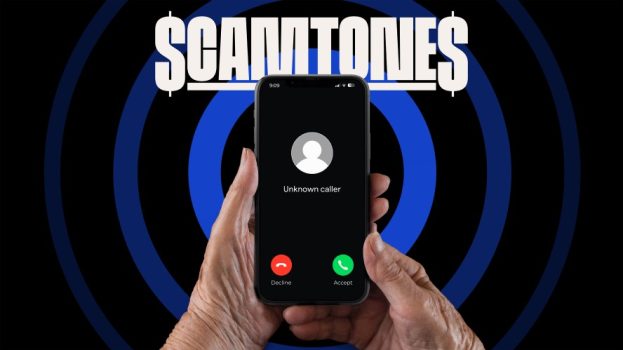Juripop, a Quebec-based non-profit legal aid organization, is promoting its services for individuals who have experienced or witnessed sexual violence with a campaign that denounces the judgement they might hear from other parts of society.
Juripop’s legal services are reserved for individuals in a precarious financial situation and who are not eligible for legal aid from other sources. Because of rising unemployment during the pandemic, more people have become eligible for its services.
“The phone is ringing [now] more than it ever has,” says Sophie Gagnon, lawyer and executive director at Juripop.
Juripop has also received a lot of calls related to domestic violence cases in particular – at first, from women’s shelters, and then from the survivors themselves. Gagnon said this led Juripop to establish access to confidential, free legal advice and family law to survivors of domestic violence last month.
Juripop is highlighting these services in a new campaign, its first created by FCB Montreal. It consists of three 15-second spots, which lay out common stereotypes that are associated with women who have experienced sexual violence, and then reassure they can access the help they need to take back control of their situation.
“Since the #MeToo movement, we’ve been at the forefront of providing legal services to victims and survivors of sexual violence,” Gagnon says. “We started by providing basic legal information. The more we dug, the more we saw people who were experiencing sexual violence had a really hard time understanding and asserting their rights. We worked really hard to find funding to be able to play that role, to assist them in understanding their rights and making decisions to obtain justice.”
The services highlighted in this campaign were scheduled to launch in April but delayed by the pandemic. When Juripop first announced it had received funding for these services in December, the organization received roughly 35 calls for them, despite not being available yet.
“That showed me two things,” Gagnon says. ”One, in close to six months, although we referred them to other non-profit organizations and other associations, they still hadn’t found the services that answered their needs. Two, even as we were in the midst of a pandemic, [these survivors] wanted to go ahead and understand their rights following the gender-based violence they had gone through.”
The campaign will be released throughout Quebec on TV, radio, online and in La Presse+. There are also versions targeted at Black, Indigenous and queer communities, which traditionally have a harder time accessing services for survivors of sexual violence. The second phase of the campaign, which is specifically focused on workplace harassment, will be deployed in the fall.
























